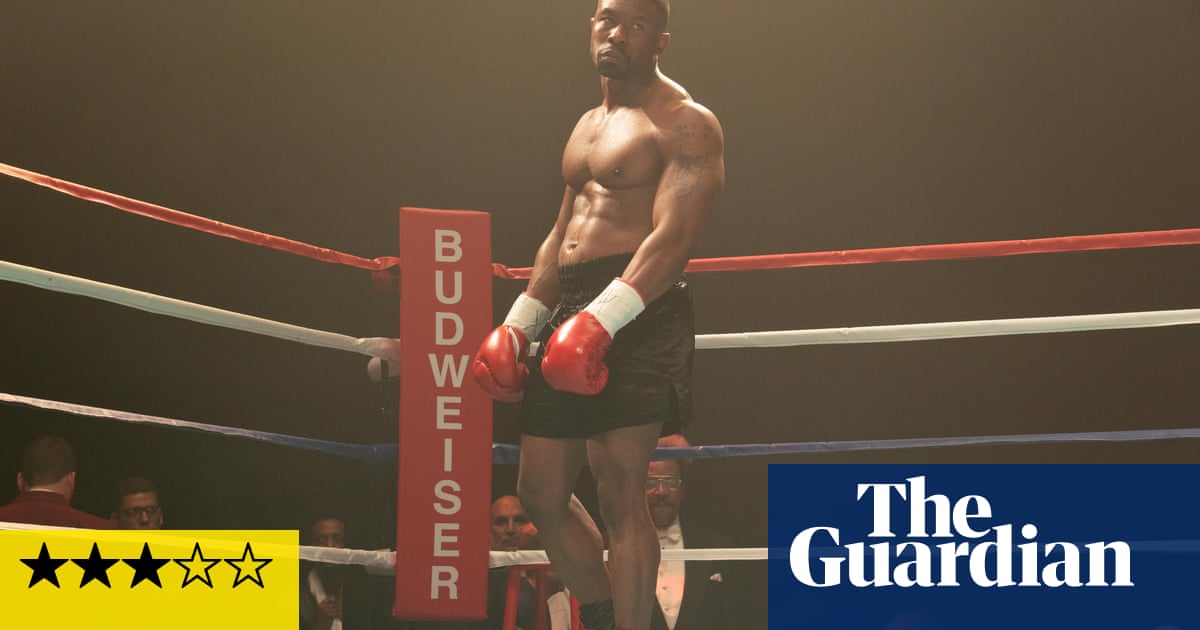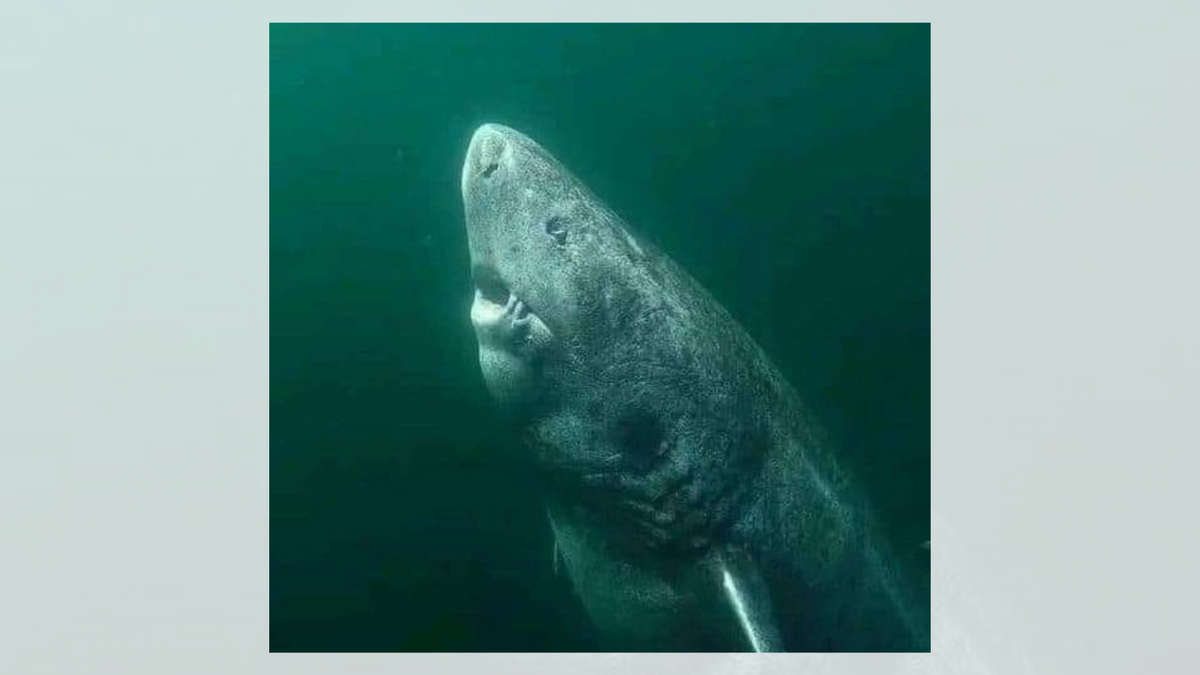
Mike review – Tyson biopic series struggles to pack a punch
Hulu’s new eight-part biographical drama Mike does not shy away from the uglier aspects of the Mike Tyson story. That has to be one reason why the heavyweight champion, American icon, and convicted sex offender has so loudly denounced the project: in covering 40 years of triumphs in the ring and transgressions committed outside of it, this flashy mini-series avoids the flattering hagiography that often characterizes officially authorized accounts. What it doesn’t avoid, however, is Hollywood’s prevailing weakness for conforming eventful, messy lives to a dramatic blueprint. Even at twice the length of the average big-screen biopic, Mike falls into the common trap of playing connect the bullet points of its subject’s Wikipedia page – of reducing a complicated life story to an alternating series of hills and valleys.
For as much as Tyson may object to someone else telling his story without his input, Mike leans heavily on his first-hand reflections. The framing device of the series, after all, is his one-man Broadway show, the dubiously titled Undisputed Truth, re-enacted here through scenes of a fortysomething Tyson (Trevante Rhodes) wandering a stage, snippets of his monologue triggering flashbacks. It’s all rather “Dewey Cox has to think about his entire life before he plays”.
The first episode, Thief, focuses on Tyson’s 1970s childhood as a small, sensitive kid often bullied by his peers. “You fight or you die,” a companion from Brooklyn’s Brownsville neighborhood instructs him – the first of several pieces of formative advice offered by the supporting players in his life. From here, Mike turns to the future boxer’s rap sheet as a frequently arrested pre-teen, his discovery of the sport in the juvenile detention system, his teenage ascendancy through the ranks, and his short-lived marriage to actor Robin Givens (Laura Harrier), who later accused him of domestic assault. Eventually, we’ll get to the infamous bout with Evander Holyfield, but not for a while; the series opens in media res, with Tyson taking that fateful chomp, then breaking the fourth wall to announce that, never mind, we’ll come back to that low point in his career later.
Moments like these, of Tyson turning to the camera or stepping into his own memories to comment on the action, betray Mike as the latest collaboration between screenwriter Steven Rogers and director Craig Gillespie, AKA the creative behind the Tonya Harding biopic I, Tonya. Here again, they’ve taken an energetic pop-psychological approach to a scandal-plagued, world-ranked athlete raised by a hard-edged mother (Olunike Adeliyi). But if I, Tonya basically punted on the question of Harding’s culpability in the plot to kneecap her athletic rival, Mike is forced to play trickier games of elision – and later, a complete perspective swap – to acknowledge the serious accusations against Tyson without violating how they’ve structured the story as his version of events.
Gillespie, fresh off Disney’s costume-party origin story Cruella and the episodes he helmed for the similarly ripped-from-the-tabloids Hulu series Pam & Tommy, cues up another playlist of jukebox needle drops, some of them rather anachronistic. He rarely varies the boxing scenes, most of which are identically filmed montages – circling the ring, slipping into ultra slow-motion to capture sweaty faces and bodies rippling from the impact of Iron Mike’s right. There’s not much discernible interest here in Tyson the boxer.
At this point, the director’s emulation of Martin Scorsese has shaded into full-on hero worship. What is the bookending portrait of Tyson as an aged slugger now regaling crowds with stories of his glory days but a riff on Raging Bull? And when he freezes the frame on Mike’s mother raining blows, aren’t we meant to remember a comparable image from the first act of Goodfellas? Gillespie even secures an old Scorsese favorite, Harvey Keitel, to portray Tyson’s first manager and father figure Cus D’Amato. There are worse points of reference for a drama about a famously volatile force of American public obsession. But Gillespie’s homage is superficial – a McMarty happy meal of processed style.
The closest thing to a knockout punch is the casting of Rhodes. His is the perfect kind of star-as-star performance, nailing the most important imitative demands of the role (like Tyson’s famous lisp) without devolving into mere sketch-comedy impersonation. Rhodes, of course, delivered his breakout turn in Moonlight, playing a character not so different from this fictionalized heavyweight – a boy hardened by limited options and the influence of the adults looming over his life. The closeups of Rhodes in that movie are among the defining images of 21st-century cinema, and they superimpose a phantom sensitivity over his performance as Tyson, lending it layers of hidden hurt the script doesn’t necessarily provide on its own.

It’s in its fifth episode, Desiree, that Mike gets around to addressing the rape conviction that put Tyson behind bars for three years. Rather than continuing to filter events through his perspective (and voiceover), the series completely shifts to the point of view of his accuser, Desiree Washington (Li Eubanks), and to a grueling depiction of her story and the nightmarish aftermath of going public with allegations against a very famous man. Taking over for at least this half-hour stretch, writers Karin Gist and Samantha Corbin-Miller – along with director Tiffany Johnson, stepping behind the camera here – express no interest in playing he-said, she-said, nor in playing coy about where their sympathies lie. Desiree doesn’t even cut back to Tyson when the verdict is delivered. It’s a moral maneuver, amplifying just one voice on the matter.
This was the last of five episodes Hulu provided for review. It’s possible Mike will follow Desiree with Tyson’s say on the same events (“I didn’t rape that woman,” he insisted in Undisputed Truth), but that seems unlikely. How the series will even re-center its main character after such a structurally, dramatically disruptive episode remains to be seen. But there’s still a lot of history left to chronicle, from Tyson’s post-incarceration comeback (he’s among a rare few boxers to reclaim a heavyweight title after losing it) to the disqualifying gnaw on an ear that the show teases up top. Of course, it would take much more than eight episodes of dramatized headlines to weigh either the enormity of Mike Tyson’s actions or the significance of his legacy. His is a life that resists summarizing, no matter how hard the authorized and unauthorized biographers try.
Mike starts on Hulu in the US and Disney+ in Australia on 25 August, and in the UK on 8 September.










































































